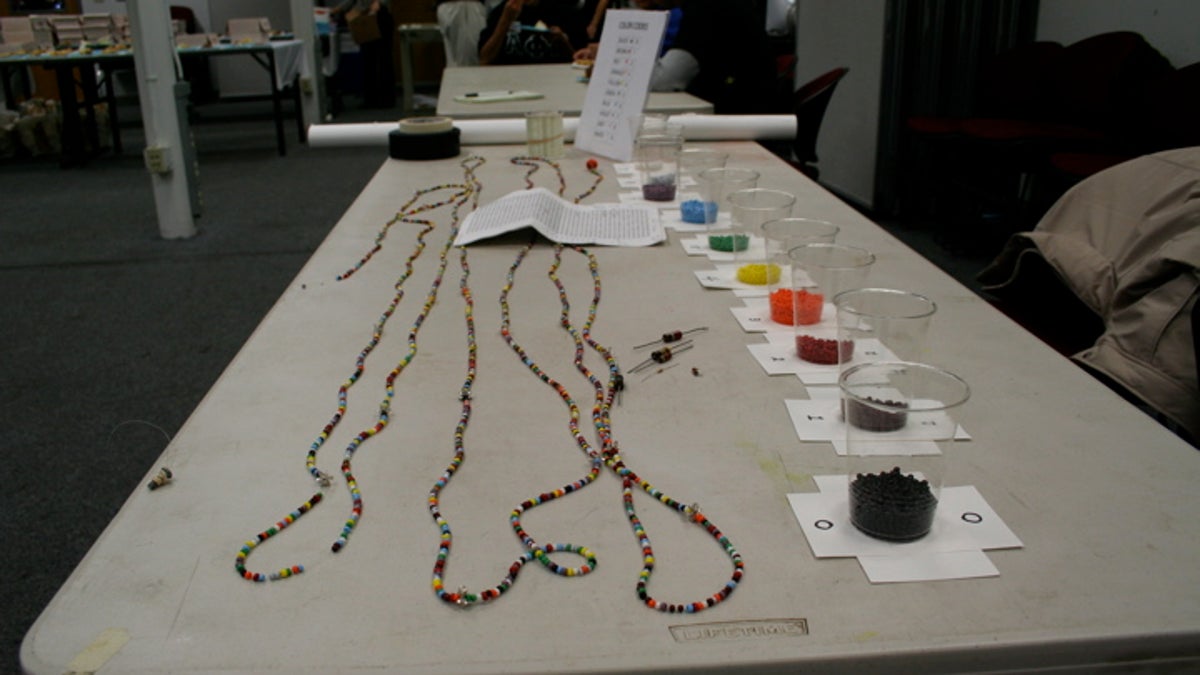National Pi Day? Congress makes it official
The U.S. House of Representatives designates March 14 (3/14) as National Pi Day, in a bid to draw attention to improving math and science education.

Washington politicians took time from bailouts and earmark-laden spending packages on Wednesday for what might seem like an unusual act: officially designating a National Pi Day.
That's Pi as in ratio-of-a-circle's-circumference-to-diameter, better known as the mathematical constant beginning with 3.14159.
The U.S. House of Representatives on Wednesday approved a resolution introduced two days earlier that designates March 14, 2009 (3/14, get it?) as National Pi Day. It urges schools to take the opportunity to teach their students about Pi and "engage them about the study of mathematics."
Backing the measure is a collection of technology and engineering groups, including the Association for Competitive Technology, the American Chemical Society, the Biotechnology Industry Organization, IEEE, TechAmerica, and TechNet.
They sent a letter after the vote to House Science Chairman Bart Gordon (D-Tenn.) thanking him for introducing the measure, which is also sponsored by Rep. Ralph Hall of Texas, the panel's senior Republican. "Thank you for recognizing the importance of math and science education to a knowledge-based economy," it says.
Jonathan Zuck, president of the Association for Competitive Technology, says he's been quietly celebrating Pi day for the last few years by delivering apple, peach, and blueberry pies to colleagues, congressional staffers, and professional contacts.
Zuck called them "lighthearted reminders about the importance of math and science education," adding "this year we decided to put together an effort to see if we could use this as a mechanism to increase awareness for math and science education."
The idea of improving math and science education is thoroughly bipartisan and backed by major tech companies including Microsoft and Intel. But how to achieve that goal has little consensus in Washington; many Republicans have advocated for school choice, which has helped to boost student scores in some areas, while teachers unions and most Democrats oppose it.

